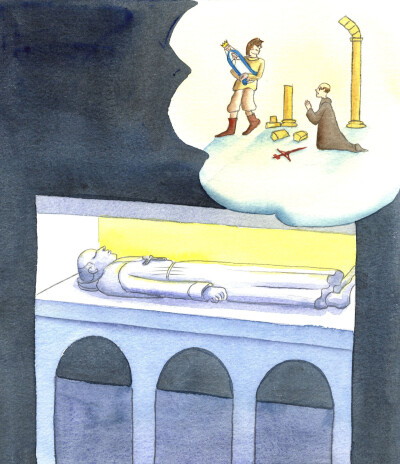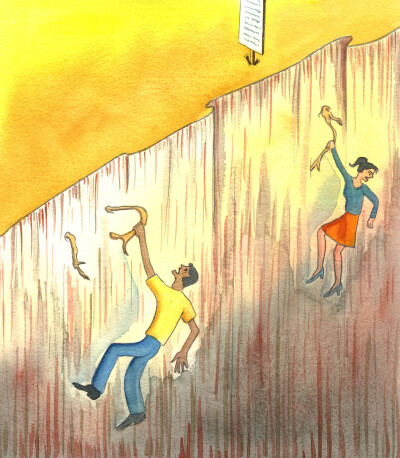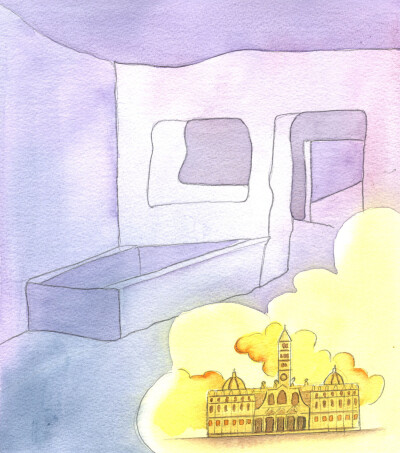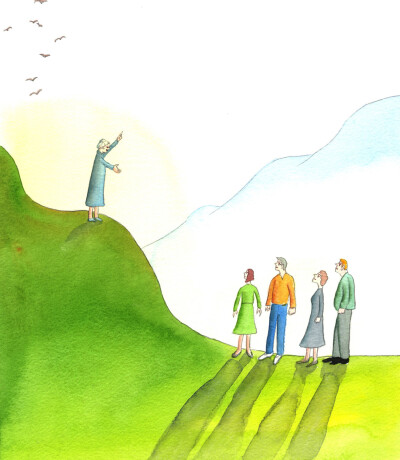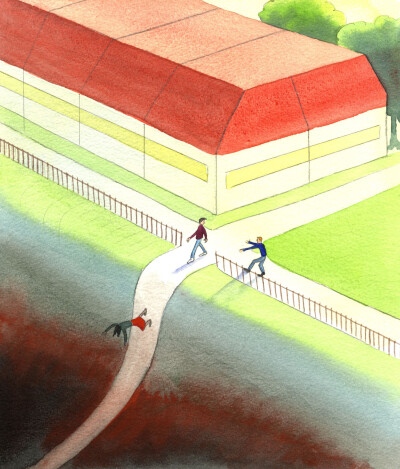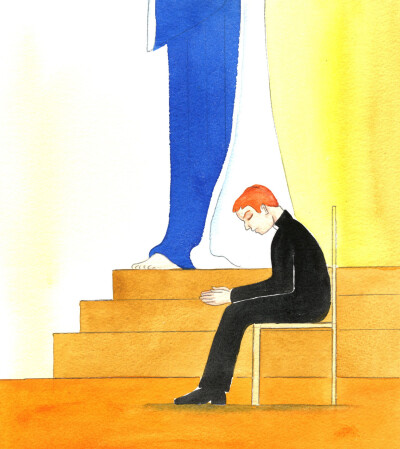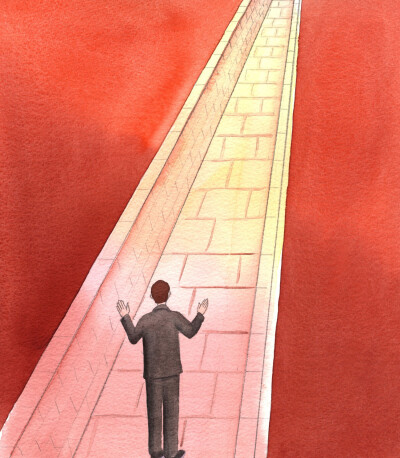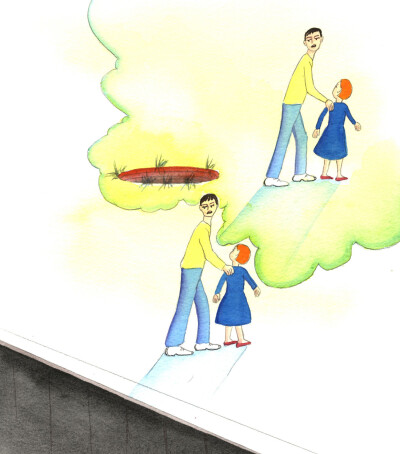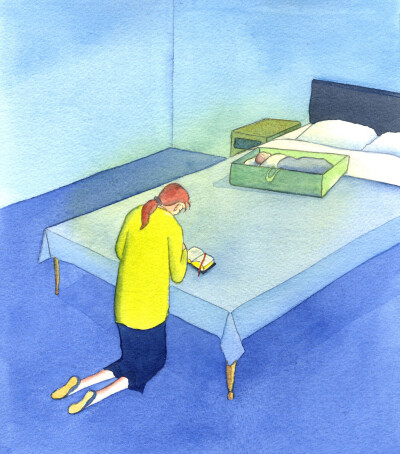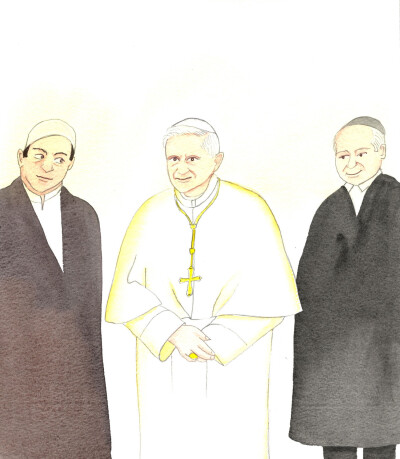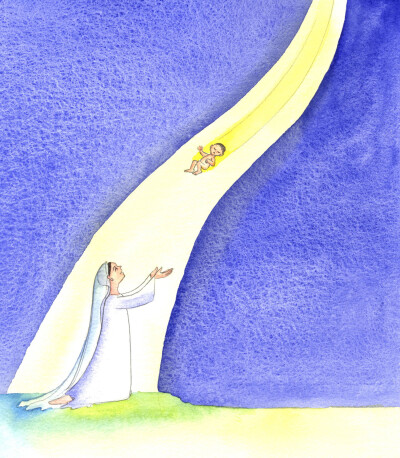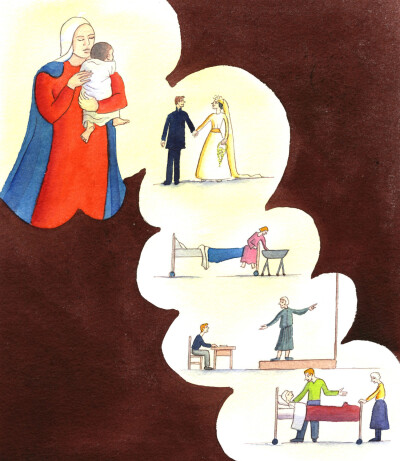Search Page
Showing 101 - 120 of 156
The history of the Catholic Church is one of struggle, then joy. Christ asks us all to be hopeful, no matter how dire the problems we see in the Church in our era. Some people in past ages have gone to their deaths, not knowing how a terrible crisis would be overcome, for example, at the Reformation, in England, and more recently in the chaos following the Second Vatican Council. But there will soon be great improvements in the Sacred Liturgy, and then in Catechesis.
Priests should set an example of holiness and purity, neither giving up nor watering down the Faith, nor developing a worldly spirit in order to be popular. They will do little good if they are disloyal to the Saviour, Who asks them to imitate Him, and keep people safe from Hell.
There are people who repeat the truth about mortal sin, insisting that it is only mortal if it was committed with full knowledge and content. But this is not to say that people are blameless for their ignorance about certain sins, for example. In unclear cases, it's as if people have been saved from spiritual death but are still in need of help if they are to lead holy lives, close to Christ. It's as if they hold onto tree-roots, above the Abyss.
It can be hard to pray without distractions, especially when we are full of delighted memories of a holiday, a pilgrimage, or a special re-union. Yet Christ understands this, just as, for example, He would understand how difficult it would be for a painter to concentrate on a conversation with Him, if she were standing near the rocks once beautifully depicted by Monet!
These are difficult times for Catholics; yet in our day, in Europe, we have not yet had to remain hidden away, fleeing to underground passages, like the first Christians in the catacombs. But we can learn from their example. What devotion to Christ - and to Mary, when, at the end of persecutions, they built a great basilica to celebrate the Faith, for the glory of God!
Anyone who speaks for Christ, in everyday evangelisation, or a special mission, should set a good example, and should be free from the 'burdens' of anxiety, or personal plans, or great worries - or great possessions. Simplicity of life should be the aim, so that he or she can do the Lord's work unhindered.
People who spread the Faith, working to draw others from sinful acts and ways of life are acting, in the moral sphere, are as if drawing people away from a street that moves so swiftly downwards that people inevitably fall or crash. Of course, indirect evangelisation too is valuable, through good example, faithful work, and prayers and penances.
What Christ told us is true, that there is only one Way to Heaven: His Way, which is like a road we travel safely when we have received his life in Baptism and have been freed from sin. If people are not willing to revere Christian Tradition they are not acting as true children of God, for example, Christians who are searching for another Way.
There are difficult decisions to make in our spiritual lives. A Protestant minister might sit and agonise about whether it's all right to ask for the prayers of the Blessed Virgin Mary, or, for example, a Catholic priest agonises over whether to persevere in the Priesthood. Prayer is essential, and trust in God and His Church.
We have a strong channel to Heaven, as if one made of brick! When we trust in the Father's love, and in the merits of Christ, and we call out with confidence, in prayer, saying 'Forgive my sins', or, 'Help me', or, 'Protect me from Satan', for example, our prayers are answered. To offer sincere prayer in the name of Christ is both to receive help, and to receive peace, from knowing we have certainly been helped.
Some Catholics speak rightly about God's love for us, but suggest that He is not strict about sin, and overlooks disobedience. Real love is both tender and strict, whether in our loving God, or in a loving parent who, for example, is strict in order to keep a child safe from a dangerous well or a live electric rail beneath a station platform.
We all tend to be self-centered; so, when a mother or grandmother cares for a child she should lead the child towards God the Father, doing so by an example of love, truthfulness and care for others, and helping the child to act with charity and truthfulness. To offer instruction is not enough. Deeds and good example are essential.
Good art is a gift made possible by God; but like all gifts it should be used wisely. It should never serve to offer malicious depictions of certain groups of persons or individuals, nor to inflame sinful desires by pornographic content, nor to corrupt the minds of the viewers, for example, by making an evil ideology or regime seem admirable.
Busy people are tempted to say: "I didn't have time to pray". But everyone who wants to honour God as He deserves can make the sacrifices that are necessary to find that prayer-time, whether by getting up earlier, or praying whenever the baby is asleep, or calling into a church on the way home from work, for example.
We can look at Pope Benedict, to see a good example of how to relate to people of other religions. He is kind to everyone, and visits other buildings, but does not join in what is called "inter-faith" worship, which is a betrayal of Christian faith and practice, as is plain from the Scriptures and the constant teaching of the Church.
A Pope can set a good example for us, showing that it is possible to maintain good relations with people of other religions, even visiting their mosques and synagogues, yet without betraying Christ by engaging in what some people call 'inter-faith' prayer, in which some Christians leave out the Name of Christ as if embarrassed by Him.
Christ wants us to think carefully about 'environmentalism'. We are right to be concerned for people all over the world - to ensure clean water supplies, and reduced pollution, for example. It is a mistake, if we become concerned with the care of the planet almost to the point of excluding from our minds any interest in the state of our souls. The heart of the Gospel message concerns liberation from sin, and preparation for Eternal Life.
Even in infancy, Jesus Christ set an example of trust, as He entrusted Himself to the care of human beings, when He had 'left behind His glory' as the Son of God. He came amongst us on earth, even though He knew He would be mocked and rejected by many. We give Him joy when we turn to Him with gratitude and gladness.
By trust, we help to build a good society. Christ set us an example by entrusting Himself to human care. He asks spouses to trust one another. He asks mothers to be worthy of their children's trust. He wants children to be able to trust their teachers, and the sick to be able to trust those who look after them; and the elderly too, even if they are not sick, should be with people they can trust.
Christ as an infant in the care of His Mother has set us an example of complete trust, which is a quality necessary for the good functioning of a good society. God the Father has arranged that people everywhere entrust themselves to the care of others: babies to parents, children to teachers, elderly people to their grown-up children, and spouses trusting one another. A good society should be ordered on the pre-supposition that citizens desire to lead good lives.
Showing 101 - 120 of 156

